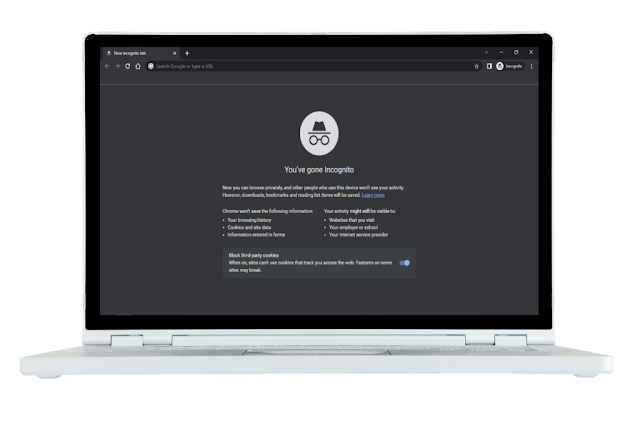Google Settles ‘Incognito’ Lawsuit by Deleting Browsing Data

Certainly! Google has recently agreed to destroy billions of data records that it “secretly collected” from users who used the ‘Incognito’ mode to browse the internet privately. Here are the key points:
Background:
The lawsuit was first filed in 2020 and covers millions of Google users who have used private browsing mode since June 1, 2016.
Users believed their online secrets were safe in Google’s private browsing mode, but they felt misled when their data was collected without their knowledge.
Settlement Terms:
Google will destroy billions of ‘Incognito’ mode data records.
The terms of settlement require approval by US District Judge Yvonne Gonzalez Rogers.
Users can sue Google individually for violations of federal wiretapping and California privacy laws.
Google won’t pay for damages, but the settlement aims to hold the company accountable.
Data Collection Disclosure:
Google will reveal what it collects from “private” browsing.
“Incognito” users will be able to block third-party tracking cookies by default for the next five years.
Historic Step:
The plaintiffs’ lawyer called the settlement a “historic step in requiring honesty and accountability from dominant technology companies.”
Google maintains that it never associates data with users when they use Incognito mode.

User Privacy Concerns:
- Google’s ‘Incognito’ mode is designed to allow users to browse the internet without their browsing history being saved locally on their device.
- However, it does not prevent websites from tracking users or collecting data about their online activities.
- Users often assume that ‘Incognito’ mode provides complete anonymity, but this recent lawsuit highlights that Google was still collecting data during private browsing sessions.
Data Collection During ‘Incognito’ Mode:
Google collects data in various ways, even when users are in ‘Incognito’ mode:
- IP Addresses: Websites can still see users’ IP addresses, which can be used to identify them.
- Cookies: While ‘Incognito’ mode deletes cookies after the session, websites can still track users during that session.
- Third-Party Services: Some third-party services (like analytics tools) continue to collect data.
- Browser Extensions: Extensions installed by users might still track their activities.
Google’s collection practices have raised concerns about user privacy.
Legal Implications and Settlement:
- The lawsuit against Google alleged that the company misled users about the extent of data collection during ‘Incognito’ mode.
- The settlement aims to address these concerns by requiring Google to be more transparent about data collection practices.
- While Google denies any wrongdoing, the settlement will hold the company accountable for its practices.

User Recommendations:
- To enhance privacy during browsing:
- Use a privacy-focused browser.
- Consider using a VPN to mask your IP address.
- Be cautious about browser extensions and permissions.
- Regularly review and delete cookies.
- Educate yourself about online privacy.
